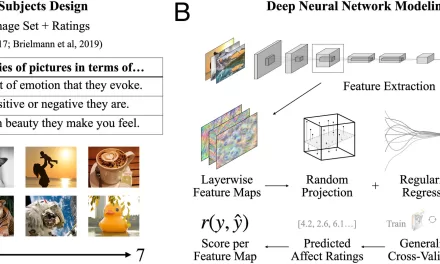A new study published in the Journal of the American College of Cardiology (JACC) has revealed a concerning link between ozone exposure and cardiovascular health. Researchers found that even short-term exposure to elevated ozone levels can reduce blood oxygen saturation, leading to hypoxia and ultimately causing arterial stiffening.
Hypoxia, a condition where the body experiences oxygen deficiency, triggers the body to produce more red blood cells and hemoglobin to compensate. This increased blood volume can strain the arteries, leading to stiffening and potentially increasing the risk of heart disease, stroke, and other cardiovascular complications.
“This study uniquely isolates ozone’s effects from other pollutants, providing a critical step forward in understanding its independent role in cardiovascular injury,” said Dr. Harlan Krumholz, MD, SM, Editor-in-Chief of JACC.
Ozone pollution is a growing global concern. Previous studies have linked ozone exposure to an increased risk of various cardiovascular diseases, including ischemic heart disease, stroke, heart failure, and atherosclerosis. This latest research provides further evidence of the detrimental impact of ozone on human health.
Key Findings:
- Reduced Blood Oxygen: Ozone exposure was found to decrease blood oxygen saturation levels.
- Hypoxia Triggered: The study observed the activation of hypoxia-related biomarkers in response to ozone exposure.
- Arterial Stiffening: Researchers noted an increase in arterial stiffness as a consequence of the body’s response to hypoxia.
Implications:
These findings underscore the importance of air quality control measures to minimize ozone pollution levels. Reducing ozone exposure could potentially mitigate the risk of cardiovascular diseases and improve overall public health.
Further Information:
- Full Study: Associations of Short-Term Ozone Exposure With Hypoxia and Arterial Stiffness, Journal of the American College of Cardiology (2025). DOI: 10.1016/j.jacc.2024.11.044
Disclaimer: This news article is based on the provided information and should not be considered medical advice.












